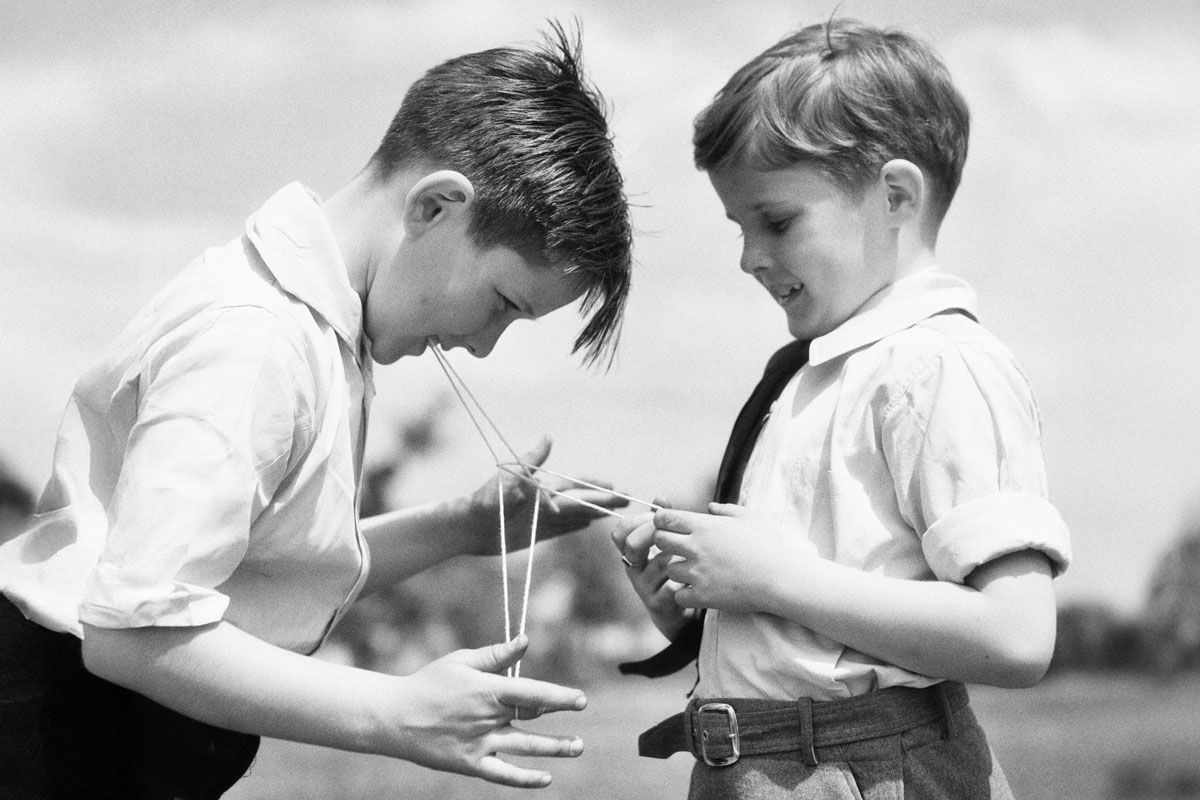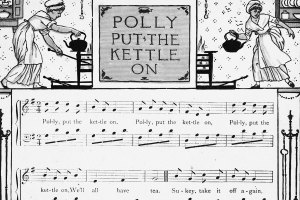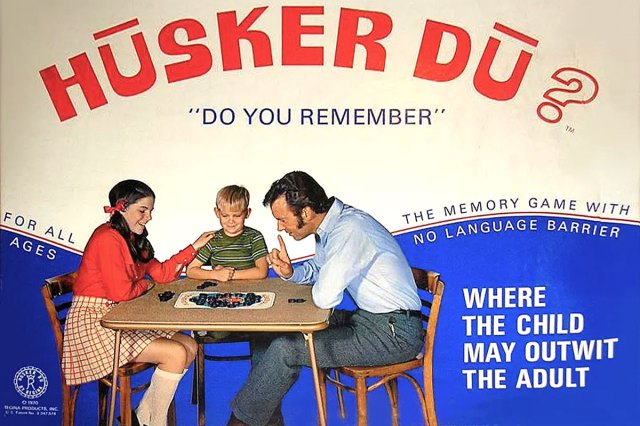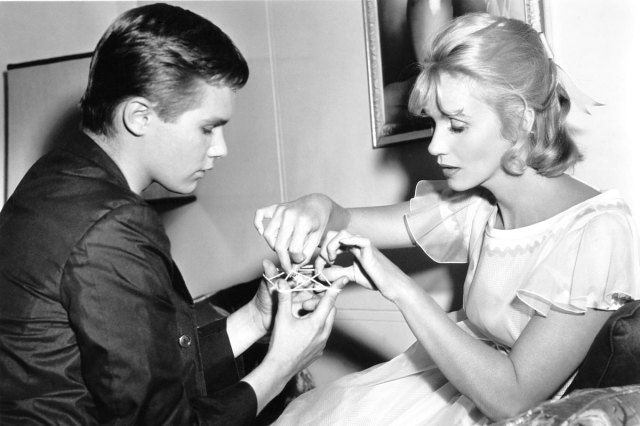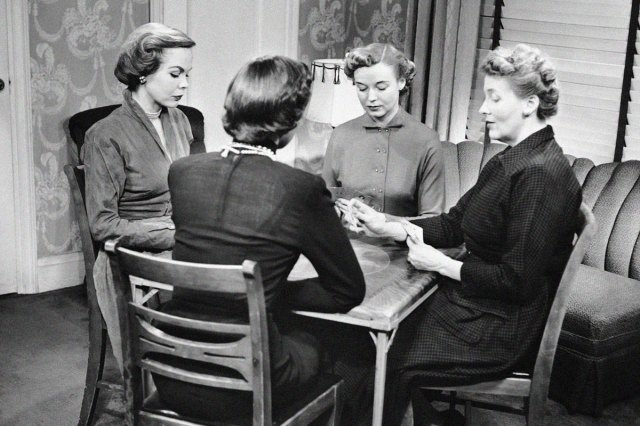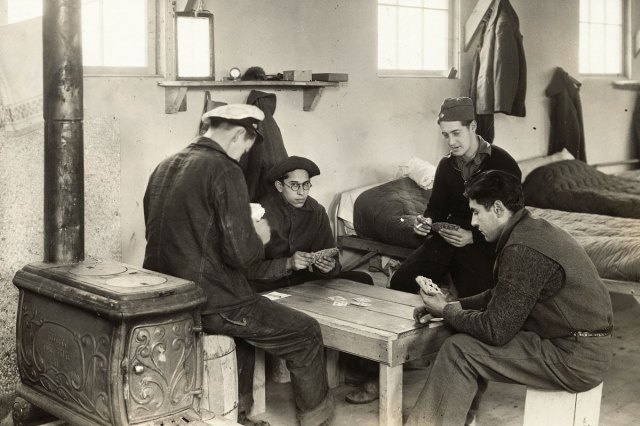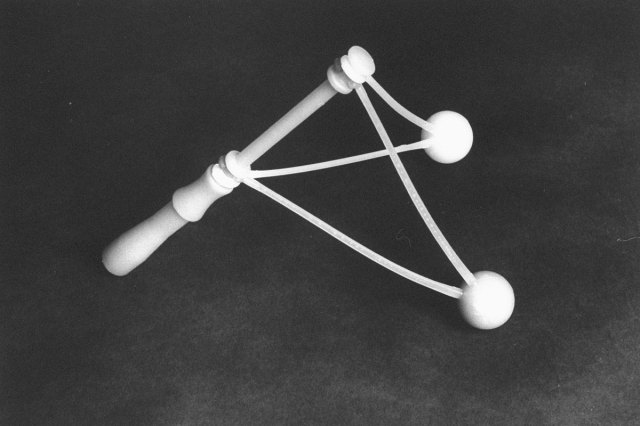6 Childhood Games Only Baby Boomers Will Recognize
Afternoons and weekends in the 1950s and 1960s looked a little different than they do today, particularly for kids. Streets, schoolyards, and living rooms were alive with the sounds of children playing games — analog, not video — including some that dated back centuries and others newly invented or imported by toy companies. For baby boomers, playtime was about creativity, skill, and sometimes even a touch of danger. It was an era when kids were expected to make their own fun, though family time was valued too — and many games brought the older and younger generations together.
Whether using a pocketknife, a piece of string, or just their imagination, the games baby boomers enjoyed entertained them for hours and created memories that lasted decades. Which of these games do you remember playing?
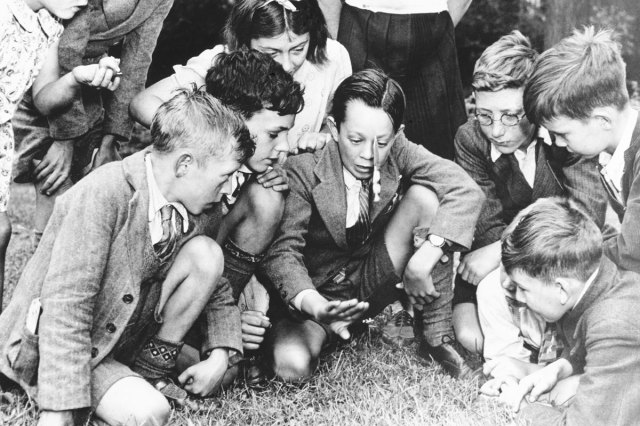
Mumblety-Peg
The odd-sounding mumblety-peg got its start in the 17th century in the British Isles. Also known as mumbley peg, mumble-the-peg, and mumbledepeg, the game eventually became a 19th-century American frontier pastime that carried into mid-20th-century childhoods. Played with a pocketknife, it was equal parts challenging and dangerous. The basic goal was to flip or toss the knife in increasingly complex tricks so that the knife ended up stuck in the ground, blade down, as close to one’s foot as possible. There were many variations on the theme — some players created elaborate stunt sequences or dares, and a popular penalty was having to retrieve a “peg” driven into the ground with one’s teeth. Not surprisingly, the game often ended with minor injuries and dirt-covered faces and hands.
The daring game was mentioned in Mark Twain’s Tom Sawyer, Detective (1896), and by the 1950s, mumblety-peg’s thrill made it a favorite pastime among boys and men. Though its outlaw image only heightened the game’s appeal, its popularity waned in the 1970s as schools and summer camps instituted bans and fewer boys carried pocketknives.





